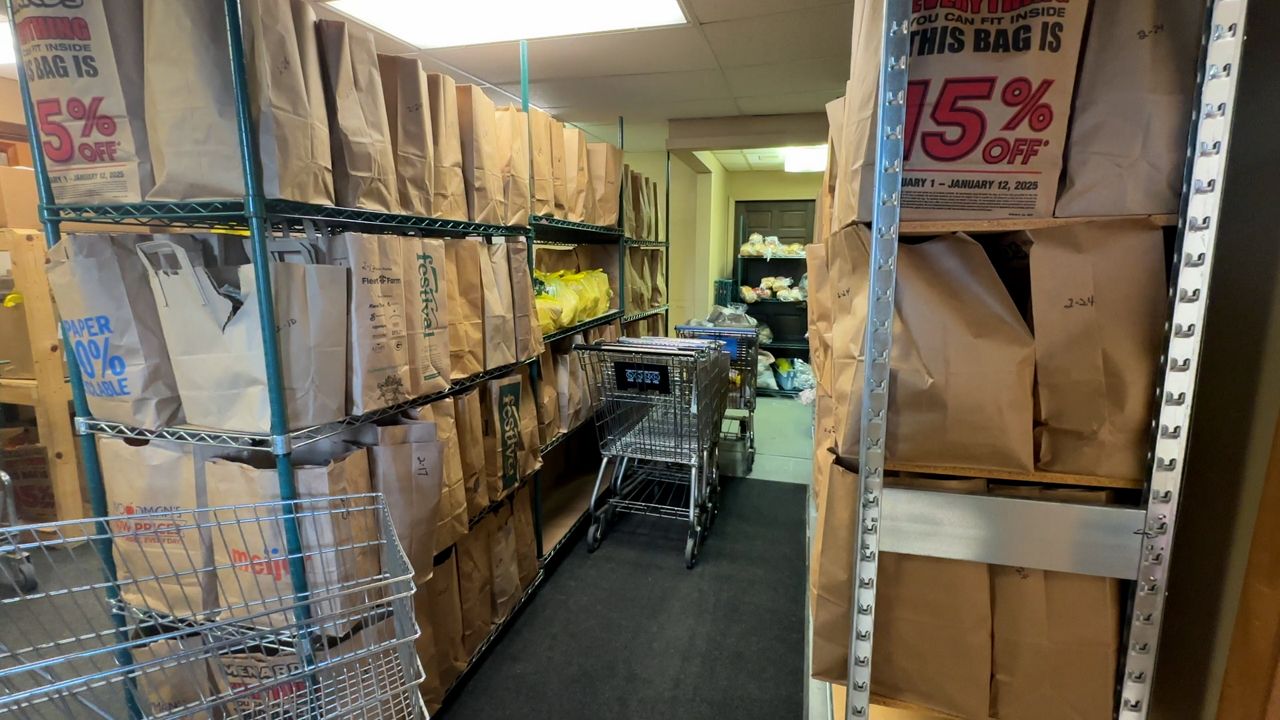WISCONSIN — Doctors said they are seeing more serious symptoms related to COVID-19, RSV and influenza in children this new year.
According to Aurora Health Care, cases of those three respiratory illnesses are typical this time of year, but there is a spike in cases that present more severe symptoms — especially in children.
Dr. Kevin Dahlman, a medical director for Aurora Children’s Health, attributed the rise in severe symptoms to the pandemic. When people were staying home, wearing masks and social distancing, they were less likely to get sick, but immune systems were not used to fighting off as many illnesses.
Dr. Dahlman called our immune systems more “naive” now and said we are still waiting to get back to pre-pandemic type respiratory seasons.
“They’re not used to fighting these particular antigens that are associated with these viruses,” Dr. Dahlman said.
Dr. Dahlman said Aurora is seeing a lot of kids with fever, chills and body aches, which are symptoms related to the flu.
RSV presents with a deep, raspy cough, along with a lot of congestion and a runny nose.
Dr. Dahlman said COVID-19 symptoms tend to be less severe in children.
“We are seeing an uptick in cases, but by and large we’re seeing more severe symptoms with influenza and RSV,” Dr. Dahlman explained.
If your child has difficulty breathing or has worsening symptoms with fevers going up, Dr. Dahlman said it’s time to see your doctor.
“We want to make sure there’s no ear infections, no sinus infections or — the big one — pneumonia. And with RSV, even without pneumonia, you can have difficult breathing,” Dr. Dahlman said.
Watch the full interview above.










